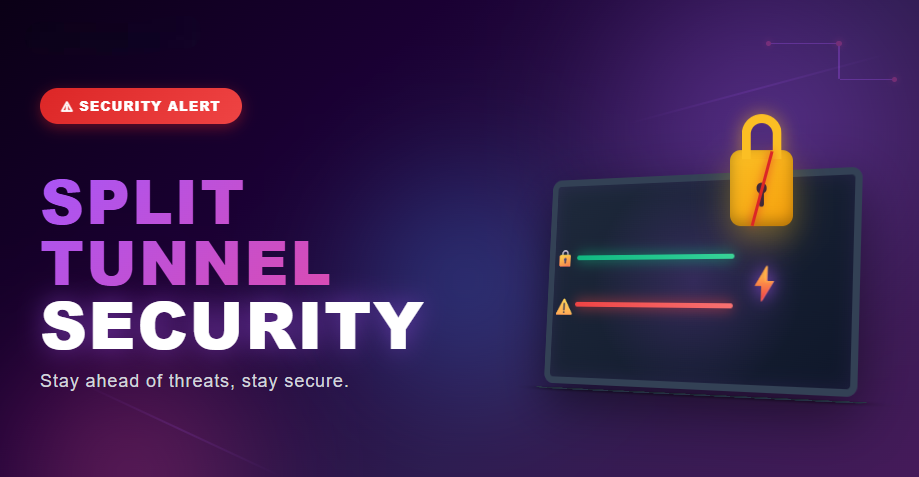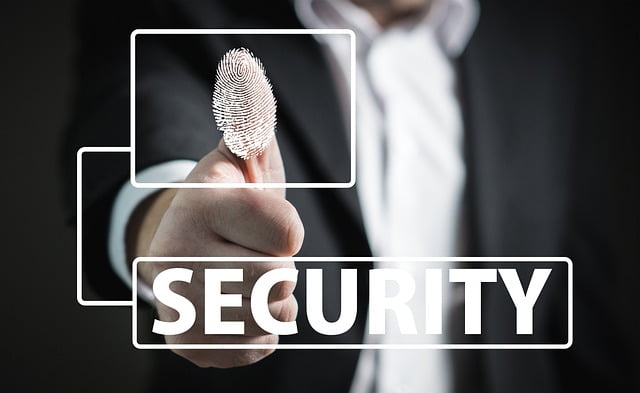Why China’s Young Adults Remain Unaware of the Tiananmen Square Massacre Despite VPN Access

Today’s young adults in China are often poorly informed about the Tiananmen Square massacre for several key reasons, despite the availability of VPNs and other means to bypass internet censorship. Here are some of the main factors contributing to this phenomenon:
1. Intense Censorship and Propaganda
- Government Control: The Chinese government exerts tight control over the internet and media, employing sophisticated censorship tools known as the Great Firewall to block access to information about sensitive topics, including the Tiananmen Square massacre.
- Propaganda: The Chinese Communist Party (CCP) actively promotes its own narrative through state-controlled media and educational systems, ensuring that the official version of history is widely disseminated and accepted. This narrative often omits or distorts events like the Tiananmen Square massacre.
2. Educational Curriculum
- Omission in Textbooks: The Chinese education system deliberately excludes information about the Tiananmen Square massacre from textbooks and history lessons. As a result, students grow up without learning about this event in school.
- Focus on Party Achievements: The curriculum tends to emphasize the achievements and positive aspects of the CCP’s history, fostering a sense of national pride while glossing over controversial or negative events.
3. Cultural and Social Factors
- Family Dynamics: Older generations who lived through the Tiananmen Square massacre may choose not to discuss it with younger family members due to fear of repercussions or a desire to protect them from politically sensitive topics.
- Social Pressure: There is a cultural tendency to avoid discussing politically sensitive issues in public or even private settings, which further contributes to the lack of awareness among young adults.
4. Limited Use of VPNs
- Technical and Practical Barriers: While VPNs can bypass the Great Firewall, they require a certain level of technical knowledge and financial resources that not all young people possess.
- Legal Risks: The use of VPNs is technically illegal in China, and there are potential legal and personal risks associated with using them to access banned information.
5. Self-Censorship and Apathy
- Self-Censorship: Even with access to a VPN, many young adults may self-censor out of fear of government surveillance or repercussions.
- Apathy and Distraction: The government’s strategy to foster economic prosperity and provide ample entertainment options has led to a generation more focused on personal and economic success rather than political activism or historical inquiry.
6. Digital Surveillance and Control
- Surveillance State: The Chinese government employs extensive surveillance measures, including monitoring online activities and communications, which discourages individuals from seeking out or sharing information about forbidden topics.
- Controlled Digital Space: Social media platforms and online forums in China are heavily monitored and censored, making it difficult for users to discuss or disseminate information about the Tiananmen Square massacre.
Conclusion
Young adults in China are largely unaware of the Tiananmen Square massacre due to a combination of cultural, social, and legal elements as well as extensive government censorship, propaganda, and information control. VPNs may be useful, but there are still significant obstacles in the way of learning about this event and passing it around, leaving a generation mostly ignorant of this pivotal period in their nation’s history.
Loading newsletter form...






